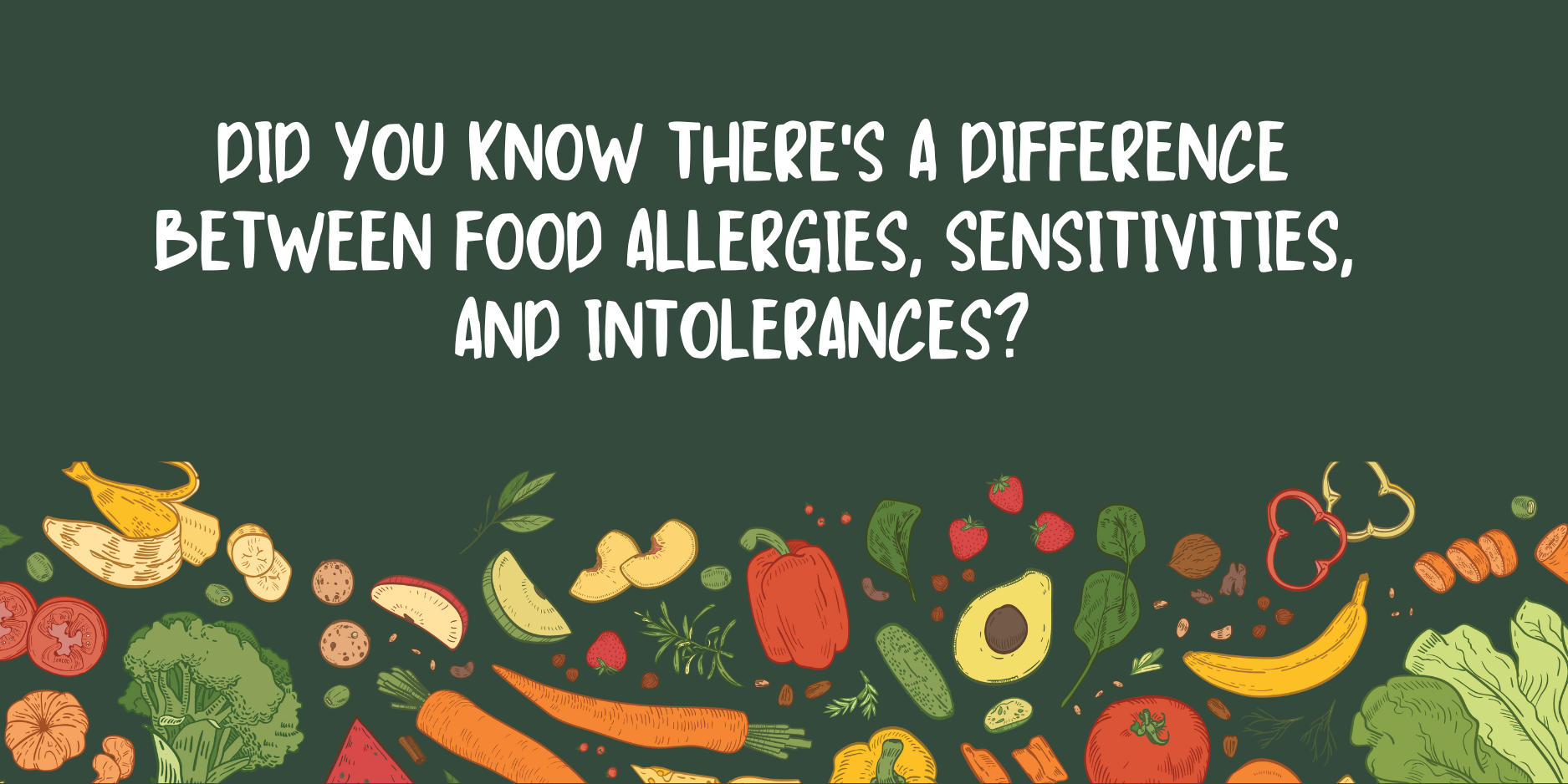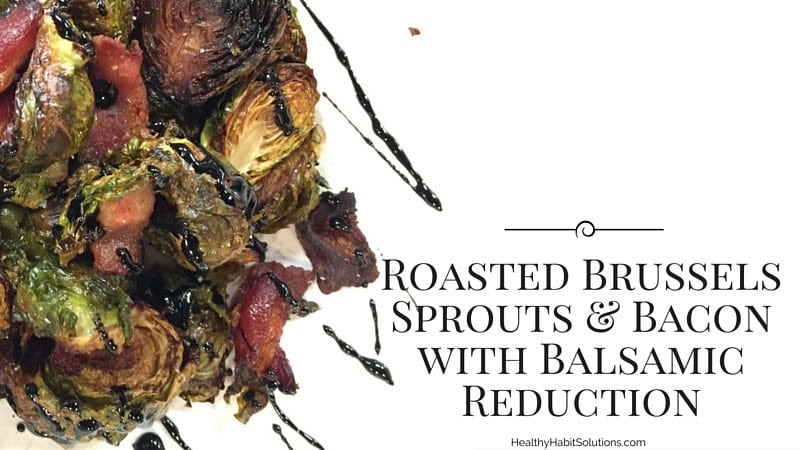

You already know that Brussels sprouts are delicious, but do you know how good they are for you?
Brussels sprouts contain excellent levels of vitamin C and vitamin K, with more moderate amounts of B vitamins, such as folic acid and vitamin B6; essential minerals and dietary fiber exist in lesser amounts.They also contain sulforaphane, a phytochemical under basic research for its potential anticancer properties. Although boiling reduces the level of sulforaphane, steaming and stir frying do not result in significant loss.
The leafy green vegetables look like miniature cabbages. The Brussels sprout has long been popular in Brussels, Belgium, and may have originated and gained its name there.
The most common method of preparing Brussels sprouts for cooking begins with cutting the buds off the stalk. Any surplus stem is cut away, and any loose surface leaves are peeled and discarded. Once cut and cleaned, the buds are typically cooked by boiling, steaming, stir frying, grilling, or roasting. To ensure even cooking throughout, buds of a similar size are usually chosen. Some cooks will make a single cut or a cross in the center of the stem to aid the penetration of heat. Brussels sprouts can be pickled as an alternative to cooking.
This recipe was contributed by Maya Nahra!

Roasted Brussels Sprouts and Bacon with Easy Balsamic Reduction
Ingredients
- 1 lb Brussels sprouts halved
- 4 strips bacon cut into 1 inch pieces
- 1 Tbsp Coconut oil
- 1/2 Cup Balsamic Vinegar
Share:
Dr. Emily Parke
Social Media
Most Popular Posts



Testosterone Replacement In Menopause

Progesterone Therapy In Perimenopause
Subscribe To Our Newsletter
Related Posts

Did you know there’s a difference between food allergies, sensitivities, and intolerances?
Did you know that there’s a difference between food allergies, food sensitivities and food intolerances? Food allergies, the reactions tend to happen pretty immediately and

Food Intolerances: Symptoms, Causes, and How They Differ From Food Allergies and Sensitivities
Eating a wide variety of whole foods is a key way to ensure a nutrient-rich diet full of vitamins and minerals. But what happens when

Testosterone Replacement In Menopause
What about adding testosterone replacement for women on hormone replacement therapy? Well, it can be really, really helpful for energy, libido, body composition changes. When

Progesterone Therapy In Perimenopause
What about progesterone therapy in menopause? So if you are on hormone replacement therapy with estrogen and you have a uterus, meaning you have not
